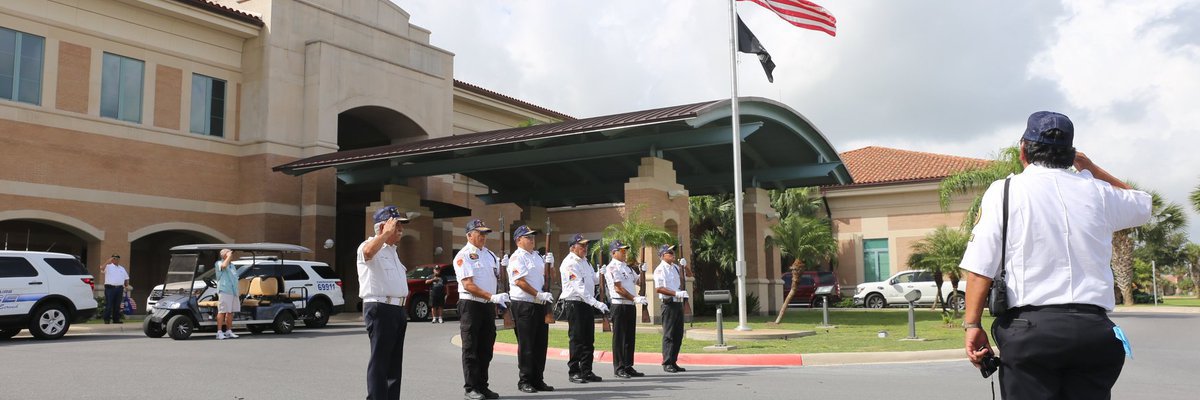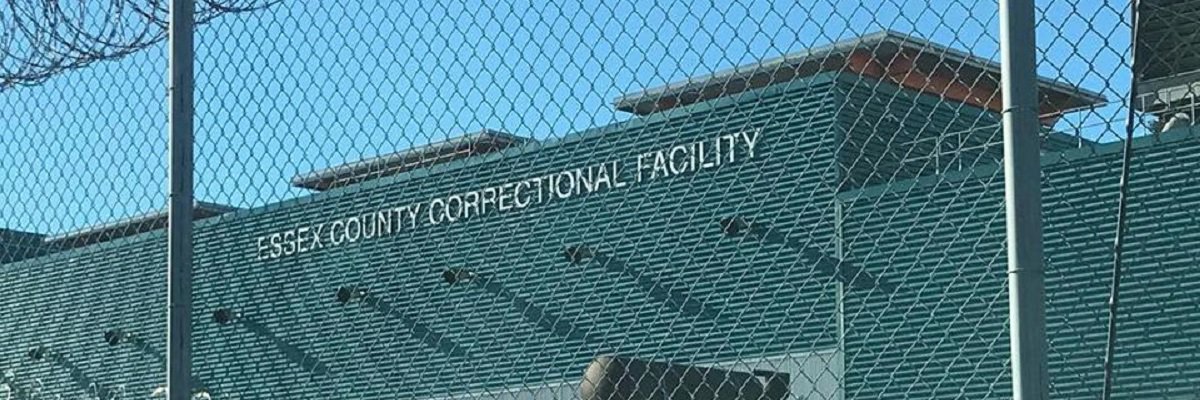Reports by a specially-tasked agency looking for fraud in Afghanistan reveal allegations ranging from simple pay-to-play bribery schemes to concerns about whether a security contractor paid the Taliban to not attack U.S. forces and kill a rival.
In most cases, however, the investigations went nowhere. According to the heavily redacted reports, the situation in Afghanistan is often too chaotic - and the actors too transient - for Special Inspector General for Afganistan Reconstruction (SIGAR) investigators to do anything but declare “further investigation is unwarranted.”
Since 2008, SIGAR has looked into tips and complaints from people involved in anything related to reconstruction efforts in Afghanistan (estimated at $62 billion to date).
SIGAR releases reports to Congress detailing its activities and general reconstruction progress in Afghanistan, and also shares convictions stemming from its investigations. In late January, two former army officers were sentenced to prison in a bribery scandal that took place at Bagram Airfield. Twelve people have been convicted in that case so far.
Investigations that demonstrate a scope beyond fraud involving reconstruction funds are kicked up to other law enforcement and intelligence agencies, both military and civilian. As a result, many of the most interesting reports MuckRock reviewed have unclear endings.
The reports turned over by SIGAR that aren’t just peaks into larger investigations or pages of redactions, however, provide a glimpse at how the attempt by the U.S. to reconstruct Afghanistan has created often bizarre situations. In one instance, U.S. officials let an Afghan with ties to the Taliban and access to “highly sensitive” information at a military base walk away without charges. In another, an investigator tells of a contractor possibly using an armored vehicle to gain favor with a “former Russian general.”
In other words, the reports demonstrate the ways U.S. military personnel, contractors and Afghans found ways to abuse power amid massive construction efforts in a war zone - and that often there were was little that could be done about it.
“Doomed from the beginning”
Many of the reports chronicle near-miss fraud activity, such as a 2011 report detailing a project that nearly went forward because of a combination of desperation and a “sweetheart” deal despite early indications it was useless.
The mystery project, the report states, “was doomed from the beginning due to the salinity content of the ground water,” adding that, “the fact that the land was not currently being used for agricultural purposes should have raised red flags from the beginning.”
An unnamed board of directors, upon hearing of the soil testing results, declined to go further. While not stated directly, it appears at though USAID may have funded whatever the project was, and that it was charged with investigating the matter further.
“A positive message”
Even when investigators did look into allegations of ongoing fraud, they often advocated for soft-pedaling consequences for the perpetrators.
When two Provincial Reconstruction Team employees were found to have solicited bribes from contractors for five sections of road in a redacted province, they were both relieved of their duties without any resulting prosecution. The punishment, the reported noted, “sent out a positive message to the local Afghan Community that corruption of this kind would not be tolerated.” The commander in charge decided not to renew the contract with the company in question.
Other findings revealed possibly more sinister motives than simple greed.
An Afghan responsible for overseeing contract work at a base was found to be taking bribes in exchange for influencing contracts, or demanding money of contractors already working by threatening to blacklist them.
A “Confidential Human Source” provided taped conversations with the accused, and more information from other intelligence agencies revealed the person had “significant ties to high ranking members of the Taliban in Afghanistan and Pakistan.”
It was a fox guarding the chicken coop situation, with what could have been deadly results for U.S forces. But SIGAR decided prosecution was not an option. Instead, the person was relieved of duties and banned from U.S. facilities.
In addition to stating the “positive message” the corrupt security contractor’s removal sent to other contractors, the report notes, “given his strong ties to the insurgency, the removal of [redacted] has removed [redacted] from U.S. Bases where he as able to have access to highly sensitive information that could have been passed to members of the Taliban and insurgency.”
The report adds: “This information could then be used to launch attacks on coalition forces and significantly affect the U.S. Reconstruction effort in Afghanistan.”
The investigator concludes by saying no local prosecution was sought because the taped evidence would give away the source, who could be “compromosed [sic] or even placed in danger.”
Security contractors behaving badly
Several of the investigations seek to answer questions about whether security contractors were actually achieving the opposite of their stated mission.
One such report begins with allegations that a security contractor was paying off the Taliban in order to prevent attacks. SIGAR passed off that investigation to USAID because it was in charge of the contract in question.
The investigator found a more disturbing allegation: Another contractor was allegedly killed by the Taliban on the subject’s orders, following a dispute. A review of a classified report by the International Contract Corruption Task Force led to the SIGAR investigator to close the case. Further inquiry the report said, presented a risk to the larger investigation.
Another contractor, described as expected to plead guilty on federal charges from another investigation, also wound up on SIGAR’s radar. Someone claimed the person in question, “bribed a former Russian general with an armored vehicle.”
This report is ██████
Some of what was documented in the reports had already been made public. Three men who were involved in a kickback scheme involving a security contract were charged by the Department of Justice in 2010 (despite guilty pleas, the report provided by SIGAR on the matter remains heavily redacted).
The redactions in that instance are a good example of the prevailing attitude throughout the 279 pages provided by SIGAR: Even finished business, with guilty parties named elsewhere, is exempt from disclosure. Details such as how much money one U.S. Army affiliated person managed to extort from Afghans wanting stalls at a U.S.-built bazaar is redacted.
Read the full docs are embedded below, or on the request page.
Image via Wikimedia Commons and is licensed under CC BY-SA 2.0




